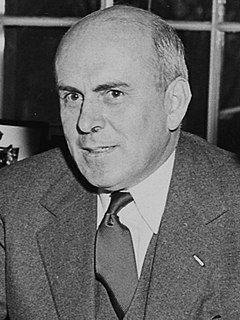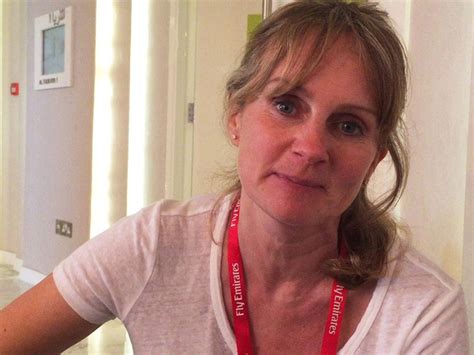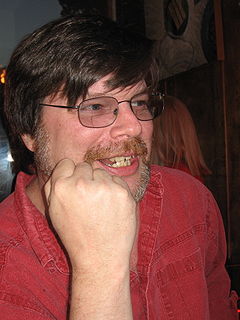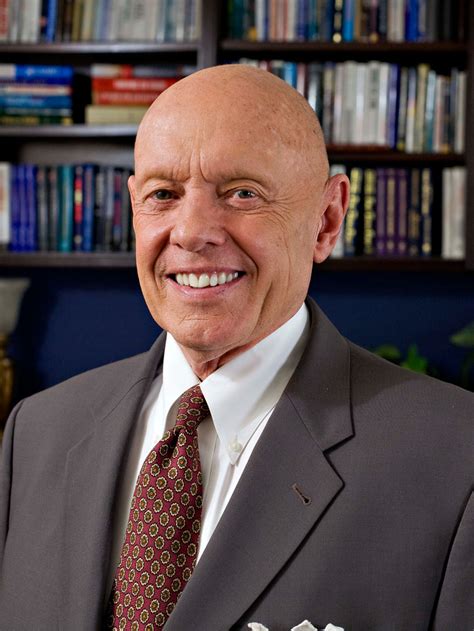A Quote by Dale E. Turner
It is the highest form of self-respect to admit our errors and mistakes and make amends for them.
Related Quotes
Here's a memonic device that I feel teaches how we can properly cope with failure. Forget about your failures; don't dwell on past mistakes Anticipate failure; realize that we all make mistakes. Intensity in everything you do; never be a failure for lack of effort. Learn from your mistakes; don't repeat previous errors. Understand why you failed; diagnose your mistakes so as to not repeat them. Respond, don't react to errors; responding corrects mistakes while reacting magnifies them. Elevate your self-concept. It's OK to fail, everyone does; now how are you going to deal with the failure
Be proud of your mistakes. Well, proud may not be exactly the right word, but respect them, treasure them, be kind to them, learn from them. And, more than that, and more important than that, make them. Make mistakes. Make great mistakes, make wonderful mistakes, make glorious mistakes. Better to make a hundred mistakes than to stare at a blank piece of paper too scared to do anything wrong.
It is instructive to see how organizations pursue their goal of reducing errors and uncertainty. They impose standards, employ checklists, demand that knowledge workers list assumptions for their conclusions and document all sources. These actions either directly interfere with forming insights or create an environment where insights and discoveries are treated with suspicion because they might lead to errors. They signal to knowledge workers that their job is not to make mistakes. Even if they don't make discoveries, no one can blame them as long as they don't make mistakes.
I believe that our society's "mistake-phobia" is crippling, a problem that begins in most elementary schools, where we learn to learn what we are taught rather than to form our own goals and to figure out how to achieve them. We are fed with facts and tested and those who make the fewest mistakes are considered to be the smart ones, so we learn that it is embarrassing to not know and to make mistakes. Our education system spends virtually no time on how to learn from mistakes, yet this is critical to real learning.
Perhaps the greatest mistake we can make, which causes loss of self-respect, is making the opinions of others more important than our own opinion of ourselves. You'll find no shortage of opinions directed at you. If you allow them to undermine your self-respect, you're seeking the respect of others over your own, and you're abdicating yourself.




































